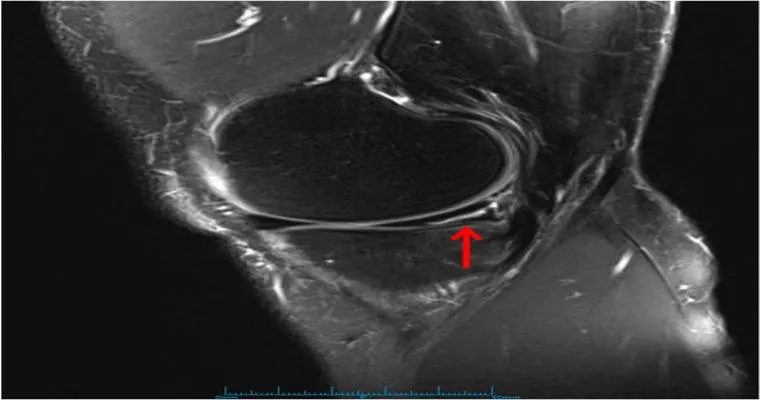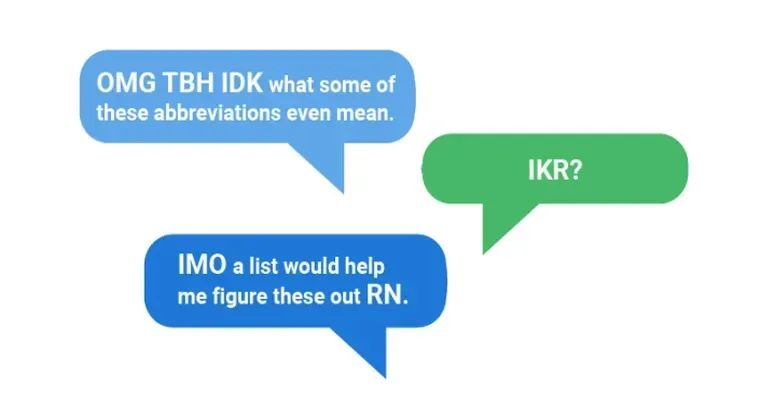When caring for a "parent with dementia" in "hospice care", managing their health can be challenging, especially when you suspect an "infection". Taking them to the "emergency room" may not be an ideal option due to their condition and the stress it could cause. Fortunately, there are alternative ways to obtain a "blood test" for infection that do not involve an ER visit. This article will guide you through the steps you can take to ensure your loved one receives the necessary medical attention while keeping their comfort in mind.
Understanding the Signs of Infection
Before seeking a "blood test", it is crucial to recognize the signs of infection in a person with dementia. Common symptoms may include:
Increased confusion or agitation
Changes in appetite or eating patterns
Fever or chills
Unusual fatigue or lethargy
Changes in skin condition or wounds
If you notice any of these symptoms, it is essential to take action quickly.
Contacting the Hospice Team
The first step in getting a "blood test" for your loved one is to reach out to their "hospice team". Hospice care providers are experienced in dealing with complex health situations and can guide you through the process. They may offer in-home visits or provide advice on the next steps based on the symptoms observed.
In-Home Lab Services
Many "hospice" programs have partnerships with in-home lab services that can perform blood tests without needing to transport your loved one. These services are designed to cater to patients who may be uncomfortable or unable to travel. The hospice team can coordinate with these services, ensuring that a qualified technician visits your home to collect the necessary samples.
Telehealth Consultations
Another option is to schedule a "telehealth consultation" with your loved one’s healthcare provider. During this virtual appointment, you can discuss the symptoms and concerns about a potential infection. The doctor may recommend a blood test and, if necessary, arrange for a home health nurse to conduct the test.
Preparing for the Blood Test
If a blood test is arranged, here are a few tips to prepare your loved one:
Ensure they are comfortable and familiar with the procedure to reduce anxiety.
Provide any necessary medical information to the technician or nurse, including current medications and medical history.
Have someone present to assist your loved one during the process, as changes in routine can sometimes be disorienting.
Follow-Up Care
Once the blood test is completed, it is crucial to follow up on the results. The hospice team will help interpret the findings and determine the best course of action based on the results. If an infection is confirmed, they will work with you to create a treatment plan that prioritizes your loved one’s comfort and needs.
Conclusion
Navigating health concerns for a "parent with dementia" in "hospice care" can be overwhelming, especially when considering the implications of an "infection". However, with the right resources and support from the hospice team, you can obtain a "blood test" without the stress of an ER visit. Remember to communicate openly with healthcare professionals and advocate for your loved one’s needs, ensuring they receive the best possible care in a comfortable environment.





